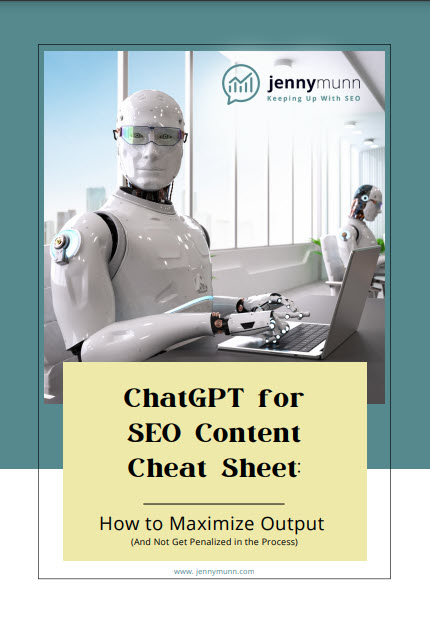Have you ever heard the analogy about the bottomless bucket? Let me give you a few examples:

- About 13 years ago, I read a book about babies and naps that became the bible for helping me help my babies nap and sleep well. It said that it’s up to parents to watch for the signs a baby is getting tired (rubbing eyes, yawning, losing eye focus). And by the time a baby is crying, he or she is overtired, and you missed that critical window for getting a baby down to sleep fuss-free. Another thing it referenced was that as babies get older, they tend to be a bottomless bucket of wanting to play, and they will resist wanting to give up their play to go sleep in a dark room. That’s when a parent must overcome the urge to let play continue and step in to prioritize what the baby needs over what it wants.
- I have also heard the bottomless bucket phrase about kids, particularly toddlers, being a bottomless bucket of wanting: “I want that, I want that, I want that.” And getting what they want begets more wanting as toddlers don’t have the brain maturity in most instances to feel satisfied. It’s up to parents to set parameters and boundaries. If you wait for that proverbial bucket to fill up, you may be waiting for quite a while.
- I refer to our new rescue dog as a bottomless bucket of pets. No matter how much you pet him and love on him, he’s never satisfied. He always wants more. He paws at you the moment you stop petting him.
As you may have guessed where I might be going with this (I am an SEO after all), there is another bottomless bucket you must be aware of: GOOGLE.
Google wants, wants, wants, and there is always more to do.
If you keep filling the bucket thinking eventually you’ll satisfy the beast and stay at the top, that will never happen. Once you get to the top, there is always more to do to retain your spot and continue gaining ground in other areas.
But guess what? You’re the adult. YOU need to know where to stop and lovingly but firmly draw the line.
And this is why I’m so big on the concept of an SEO campaign. It makes “drawing the line” easy and effective.
SEO Campaigns Make SEO Manageable
SEO campaigns make the work more manageable and effective. How? A campaign ensures you’re headed in a focused direction instead of applying scattered SEO efforts everywhere.
Most marketers don’t know how to create parameters, and where to stop and move on with a push or initiative. Most are doing random 1-off tasks. AKA, a bottomless bucket of SEO efforts. A campaign gives you a set of activities to do in a defined time period. For most people who are doing a million marketing tasks and SEO is just one of the many things, a campaign helps you and your team stay organized and focused.
5 Core Components of an Effective SEO Campaign:
If you’re thinking of launching an SEO campaign, you’ll want to set yourself up for success by beginning with strategic keyword selection. To begin, here are the elements you should factor in to make your best-educated guess around strategic keyword targeting:
- Top of the funnel/informational keywords. Top-of-the-funnel content means you’re showing up early in the conversation when your target market is trying to self-educate and looking for reputable experts to trust. You want to be that reputable, trustworthy expert.
- Relevant. Your target keywords should be aligned with bringing a specific group of people (your desired target audience) to your content. Ideally, you know the problems people are trying to solve from their perspective. You’re able to address the problem objectively while also strategically introducing your service/product/information/expertise/solution.
- Competitively appropriately. You want to be the king of a small pond before you can be king of a large pond. Long-tail, or more specific keywords, are often less competitive, which is why they’re so highly touted. In most cases, you have to gain traction on less competitive keywords first to rank for the higher volume, more competitive terms.
- Understand the keyword landscape. Before you can celebrate that you’ve found the perfect keywords, you must do one crucial thing: manually do a Google search of each keyword you plan to target. Vet the competitors, the content format types coming up, and assess what other SERPS elements might be competing with the searcher for the click. The “SERPS check” as I call it, is a critical step that will help ensure you’re on the right track with your keywords and you are on the right path with the next phase of your campaign: effective content creation.
The war against the bottomless bucket of SEO work isn’t over quite yet, but a campaign is the next step in the right direction.
Jenny Munn
Latest posts by Jenny Munn (see all)
- Four 2024 SEO Planning Tips for World Domination - November 16, 2023
- SEO Planning Tip: Why You Need a CYA Clause - November 3, 2023
- How Long Does SEO Take to Show Results? (Updated for 2023) - August 9, 2023


